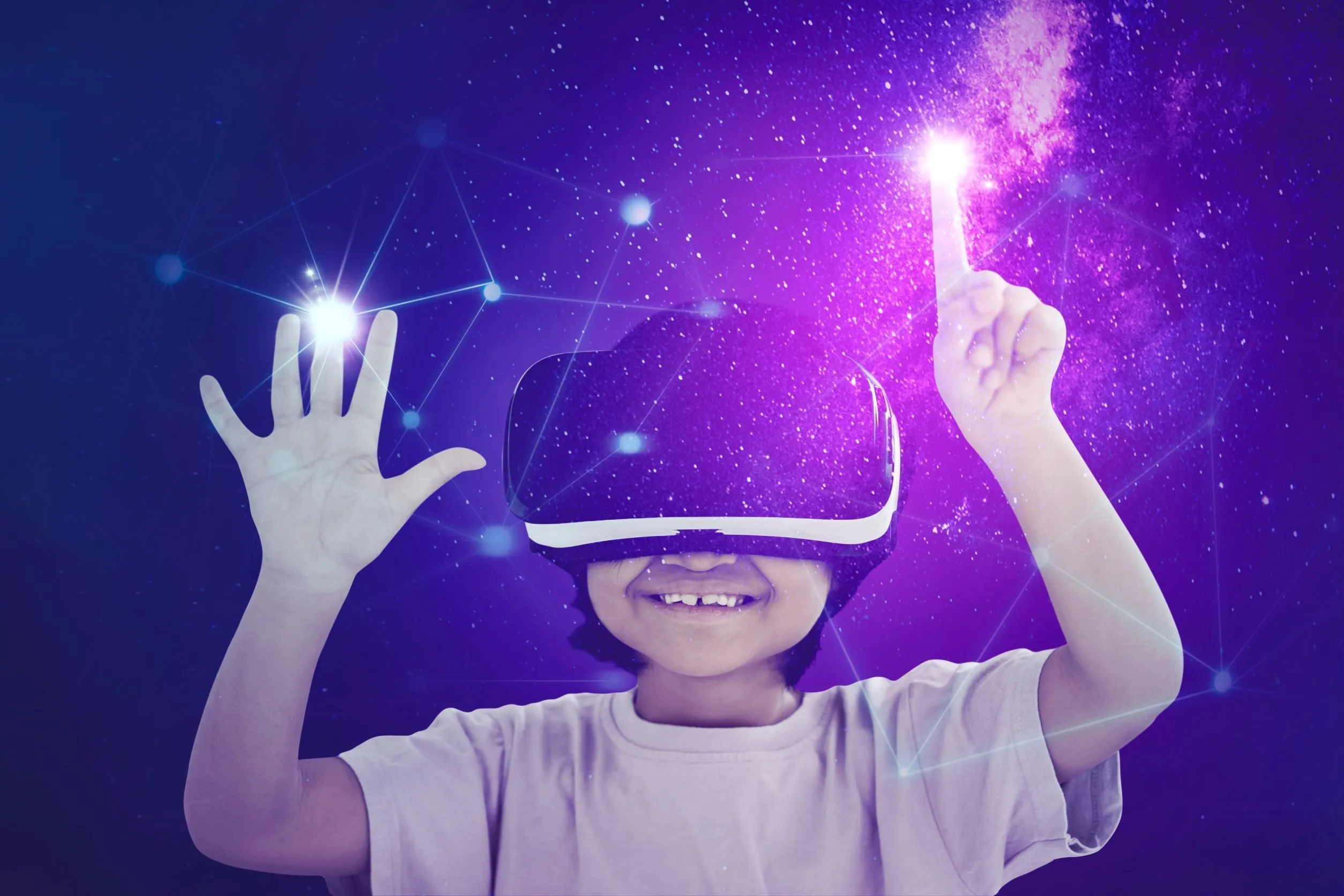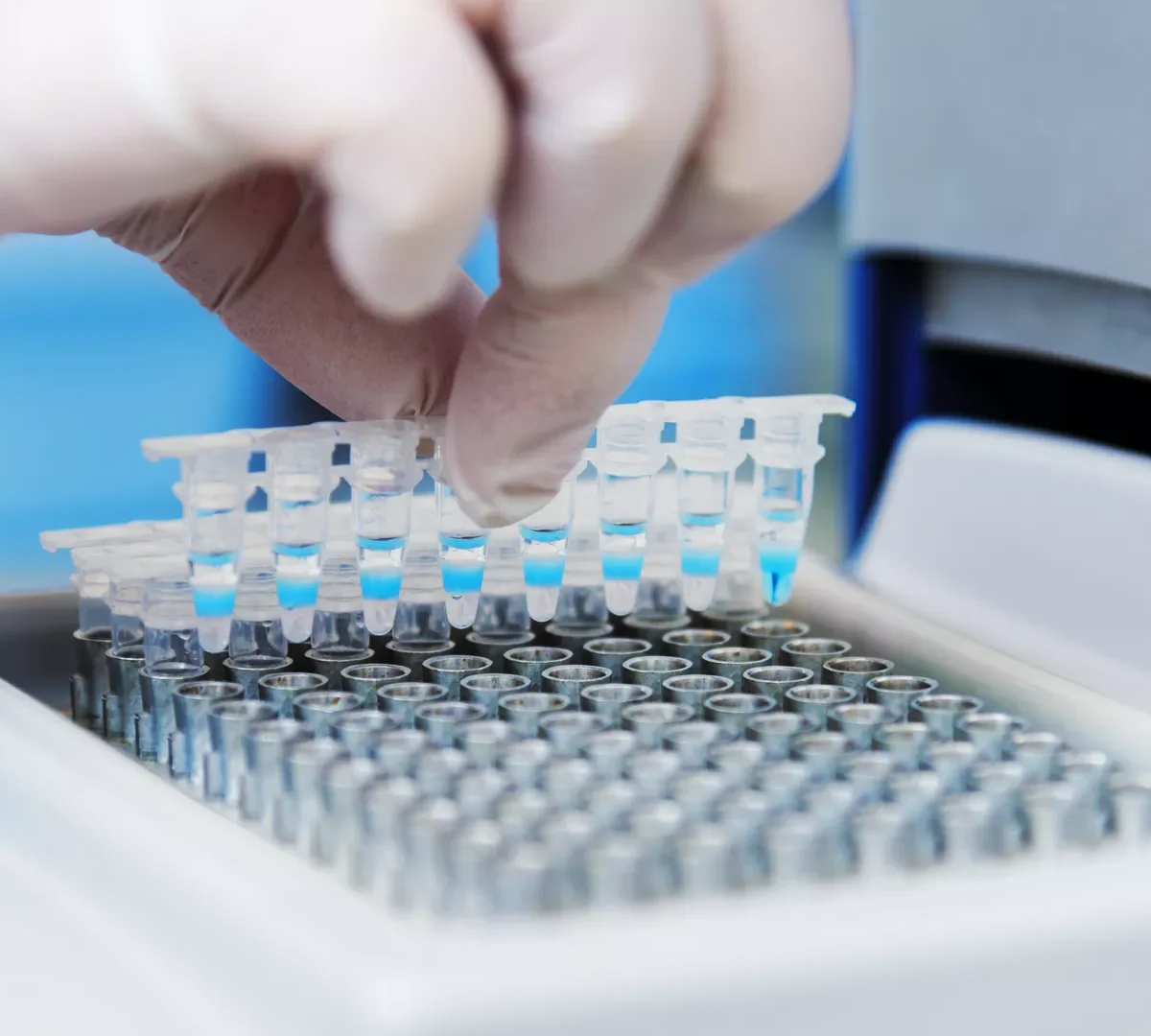Health has always been central to human life, but in the 21st century, it is undergoing a profound transformation. Advances in medicine, nutrition, fitness, and technology are reshaping the way people live, prevent disease, and access care. At the same time, global challenges such as chronic illnesses, aging populations, and mental health crises are forcing individuals, communities, and governments to rethink health strategies. The future of health is not just about treating illness—it is about building resilience, optimizing wellness, and leveraging innovation to enhance quality of life.
Preventive Health as the New Standard
For decades, healthcare systems around the world have been primarily reactive, treating diseases once they appear. Today, the focus is shifting toward prevention. Lifestyle-related conditions—such as obesity, diabetes, and cardiovascular disease—are among the leading causes of death worldwide. Preventive health strategies, including regular screenings, vaccinations, and personalized nutrition plans, are becoming essential tools to combat these rising health burdens.
Wearable technology is playing a major role in prevention. Devices such as smartwatches and fitness trackers monitor heart rate, sleep quality, physical activity, and even blood oxygen levels. This data empowers individuals to make informed choices and enables healthcare professionals to intervene earlier when abnormalities arise. The concept of “knowing your numbers”—blood pressure, cholesterol, glucose, and BMI—has never been more relevant.
The Growing Importance of Mental Health
In recent years, mental health has moved from the shadows into the spotlight. Once stigmatized and overlooked, conditions such as depression, anxiety, and burnout are now widely recognized as critical health concerns. The COVID-19 pandemic amplified this reality, with stress levels and mental health challenges soaring worldwide.
Workplaces, schools, and governments are acknowledging the need for proactive mental health care. Online therapy platforms, mindfulness apps, and workplace wellness programs have grown exponentially. Advances in neuroscience and digital therapeutics are creating personalized approaches to managing mental health conditions, from meditation technologies to AI-powered therapy assistants.
The new health paradigm emphasizes the interconnectedness of body and mind. Emotional well-being is no longer seen as separate from physical health but as a cornerstone of overall wellness.
Nutrition and the Science of Longevity
Diet has always been central to health, but modern science is uncovering how nutrition can extend lifespan and prevent disease. Research into the gut microbiome—the trillions of bacteria living in the human digestive tract—has revealed its profound impact on immunity, metabolism, and even mood. Personalized nutrition, based on genetic makeup and microbiome analysis, is one of the most exciting trends in health today.

Plant-based diets, intermittent fasting, and functional foods (such as those rich in probiotics, omega-3s, and antioxidants) are increasingly linked to longevity and reduced risk of chronic illness. Meanwhile, the supplement industry is booming, offering targeted solutions ranging from brain health to joint support.
Instead of focusing only on calorie restriction, the modern approach to nutrition emphasizes food quality, balance, and sustainability. As more people seek to live longer and healthier lives, the role of diet as medicine will continue to expand.
Fitness in the Digital Age
Exercise has long been a foundation of good health, but the way people approach fitness is changing rapidly. The rise of digital fitness platforms, virtual coaching, and interactive home gyms has democratized access to exercise programs. Whether it’s high-intensity interval training (HIIT), yoga, or strength training, people can now engage in customized fitness routines without ever stepping into a traditional gym.
Technology has also enabled more precise training. Motion sensors, heart rate monitors, and AI-driven apps can assess performance in real time, helping users optimize workouts and prevent injuries. Furthermore, holistic fitness trends now integrate mindfulness practices such as breathwork and meditation, underscoring the importance of mental and physical balance.
The message is clear: fitness is no longer just about aesthetics or athletic performance—it is a prescription for longevity, energy, and resilience.
The Role of Technology in Healthcare
Perhaps the most transformative force in modern health is technology. Digital health solutions are revolutionizing how people access care and how providers deliver it. Telemedicine has surged, making healthcare more accessible for people in remote areas and reducing strain on hospitals. Patients can now consult doctors through video calls, receive prescriptions online, and access lab results instantly.
Artificial intelligence is also reshaping medicine. AI-powered tools can analyze vast amounts of medical data, improving diagnostic accuracy and speeding up research. For example, AI can detect early signs of cancer in imaging scans or predict the risk of heart disease years in advance. Robotics are assisting in surgeries, and 3D printing is being used to create customized prosthetics and implants.
Meanwhile, blockchain is beginning to play a role in protecting patient records, ensuring transparency and data security. These innovations promise to make healthcare more efficient, affordable, and personalized.
Global Challenges: Aging and Chronic Diseases
Despite remarkable progress, the world faces significant health challenges. Populations are aging rapidly, particularly in developed nations. This shift is creating a surge in age-related conditions such as Alzheimer’s, osteoporosis, and arthritis. Healthcare systems must adapt to meet the growing demand for elder care, rehabilitation, and long-term health management.
Chronic diseases remain another pressing issue. According to the World Health Organization, non-communicable diseases account for nearly 70% of deaths globally. Sedentary lifestyles, poor diets, and environmental factors all contribute to these statistics. The solution requires not only medical advances but also societal changes—encouraging healthier living, urban planning that promotes physical activity, and access to affordable nutritious foods.
Sustainability and Health
Health does not exist in isolation from the environment. Climate change, pollution, and poor air quality are increasingly recognized as health threats. Rising temperatures contribute to heat-related illnesses, while polluted air worsens respiratory conditions. Additionally, industrial farming and processed foods have long-term consequences for both human and planetary health.
As a result, sustainability is becoming a vital component of health policy. Eco-friendly practices, from reducing plastic waste to supporting regenerative agriculture, are aligned with better health outcomes. The growing “planetary health” movement emphasizes that a healthy environment is the foundation of human well-being.
The Future of Personalized Medicine
One of the most promising frontiers in health is personalized medicine. Advances in genomics allow doctors to tailor treatments based on a patient’s genetic profile. This precision approach is already transforming cancer care, where therapies are being designed to target specific genetic mutations.
Personalized medicine goes beyond genetics. It incorporates data from lifestyle, environment, and technology to create unique health plans. Imagine a world where your smartwatch, diet app, and medical history are seamlessly integrated to provide real-time health recommendations. That vision is rapidly becoming reality.

Conclusion: Toward a Holistic Vision of Health
The definition of health is expanding. It is no longer just the absence of disease but a dynamic state of physical, mental, and social well-being. The future of health lies in prevention, personalization, and integration—bringing together technology, science, lifestyle, and sustainability.
Individuals play a crucial role by adopting healthier habits, but governments, businesses, and healthcare providers must also innovate and collaborate. By embracing a holistic vision of health, society can move toward a future where people live not only longer lives but better ones.

